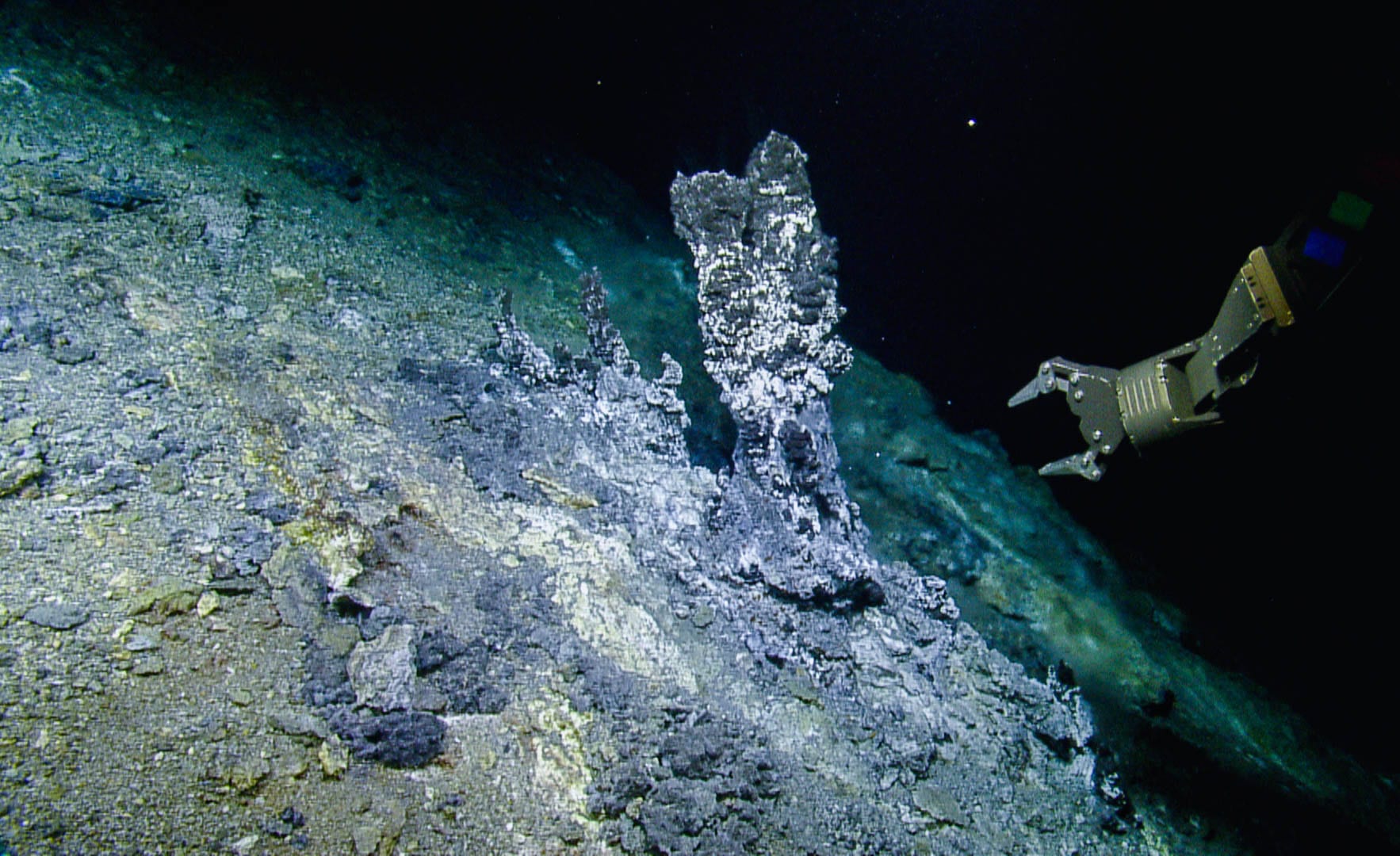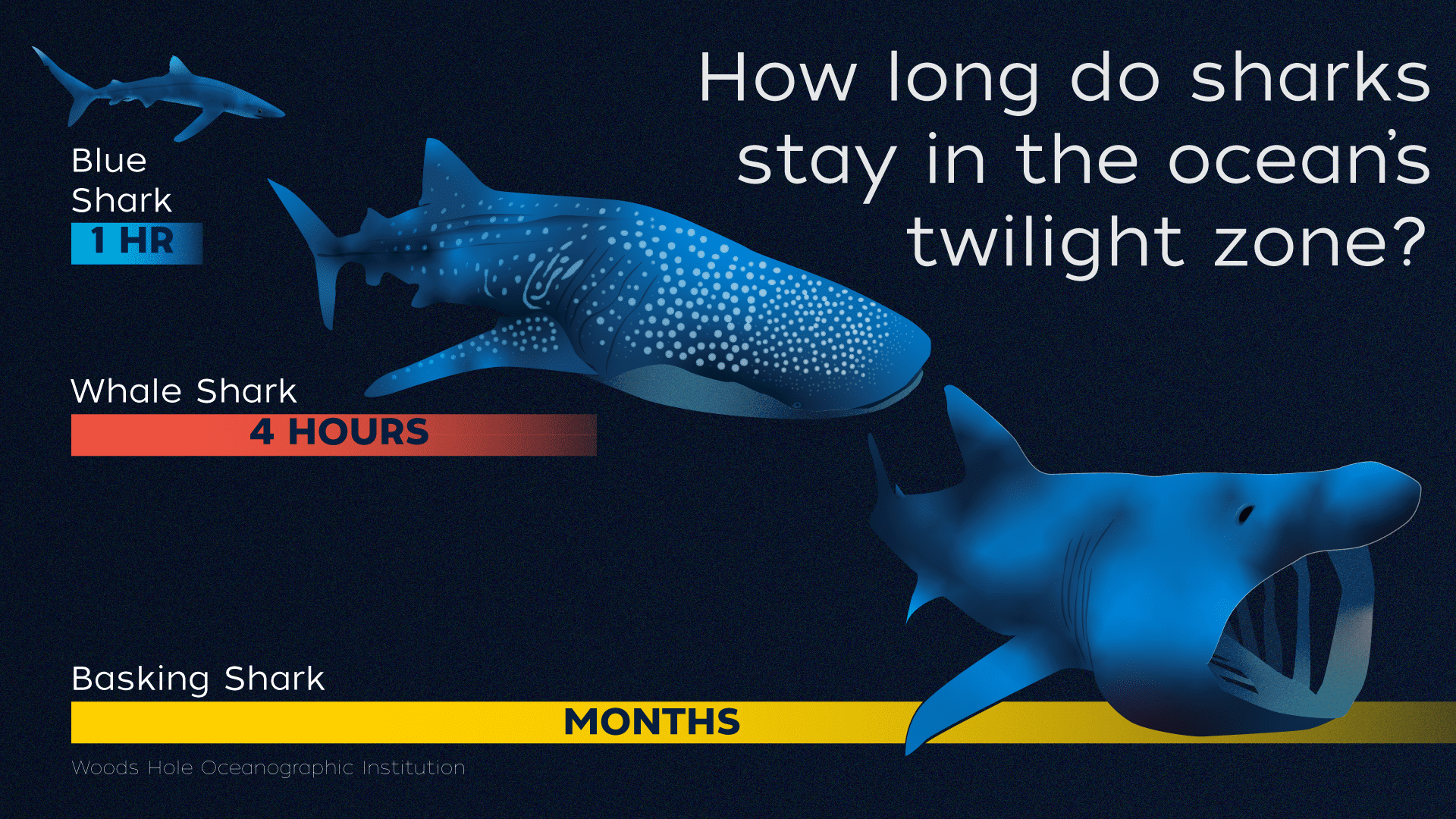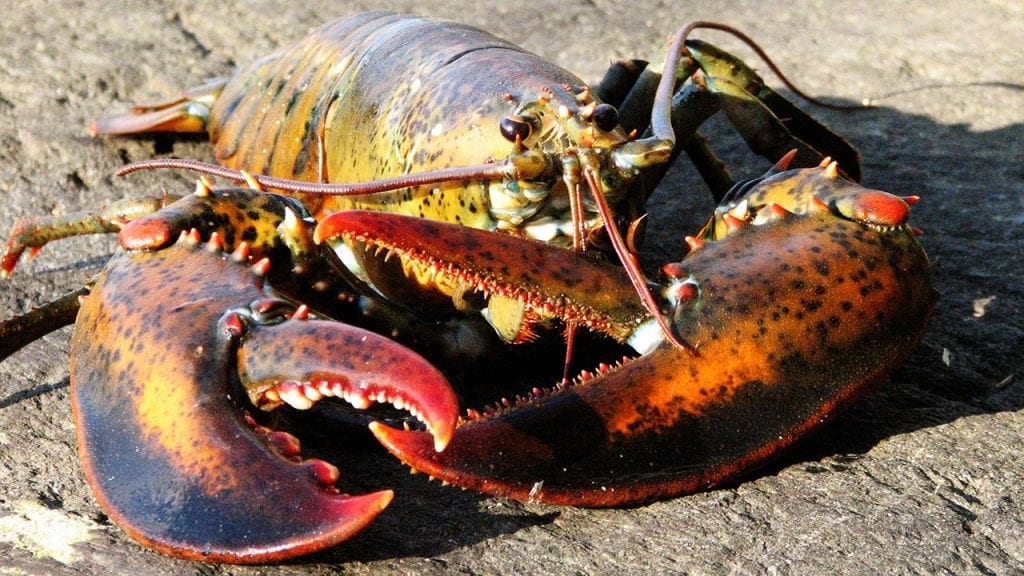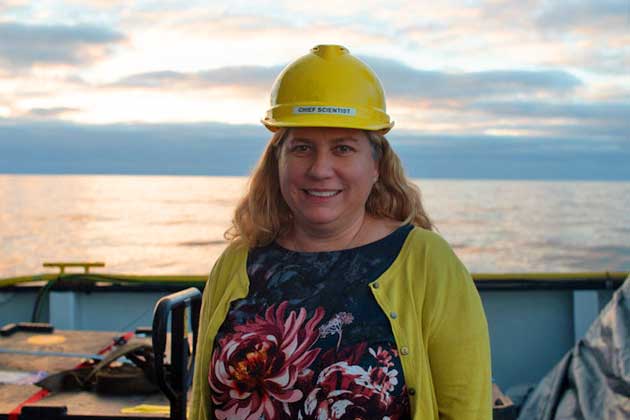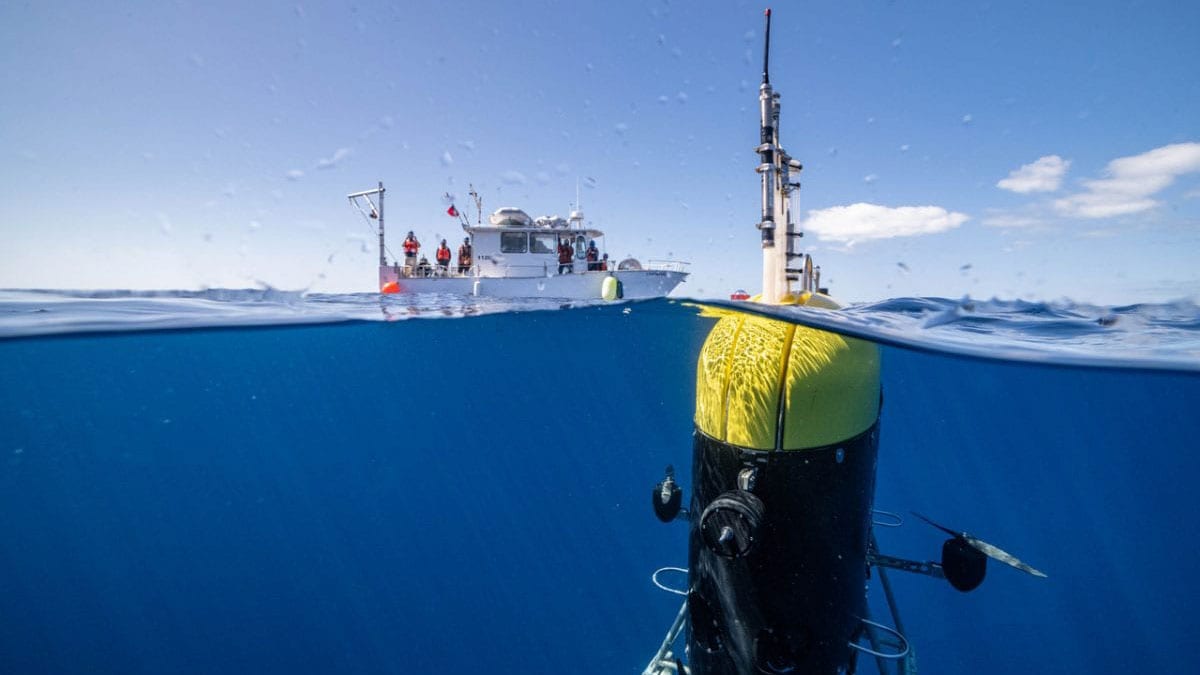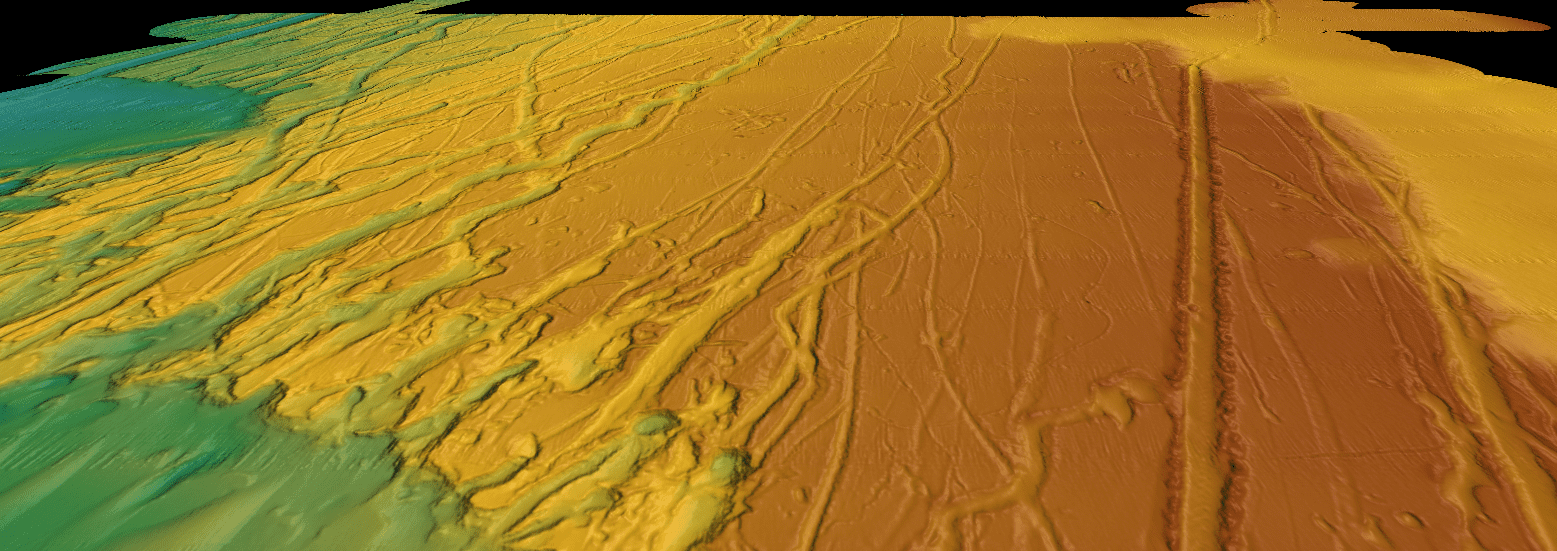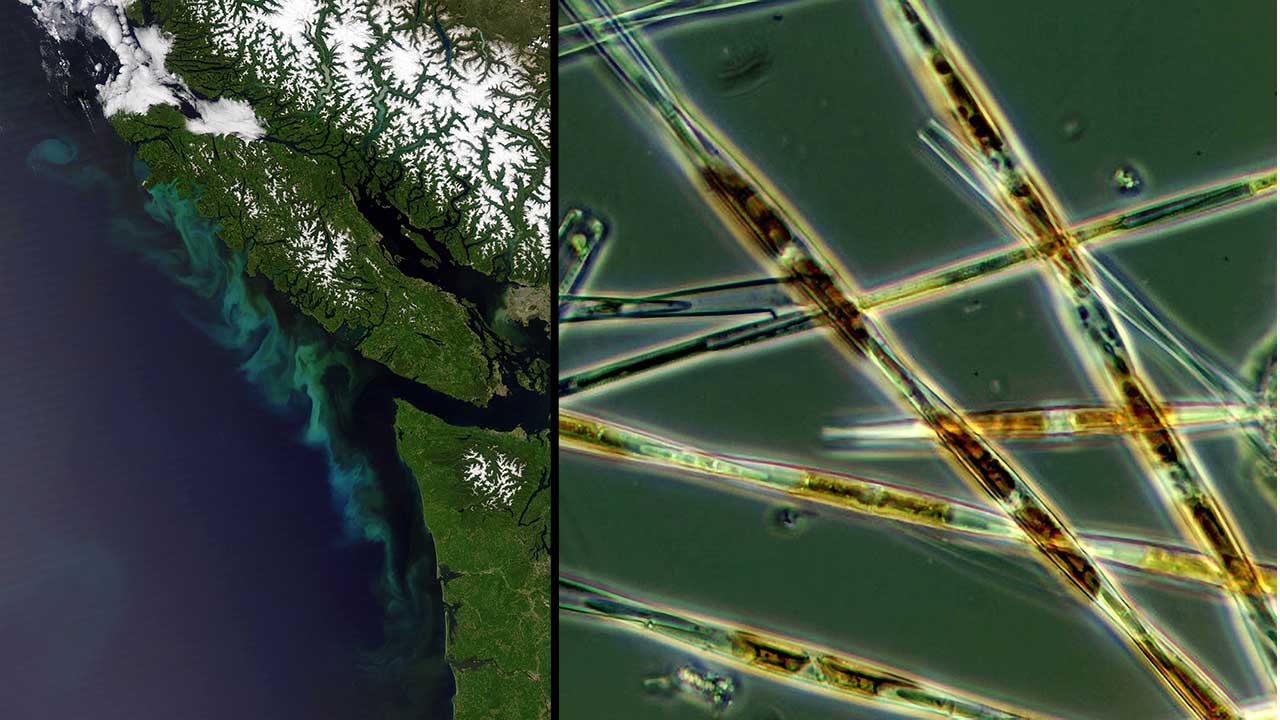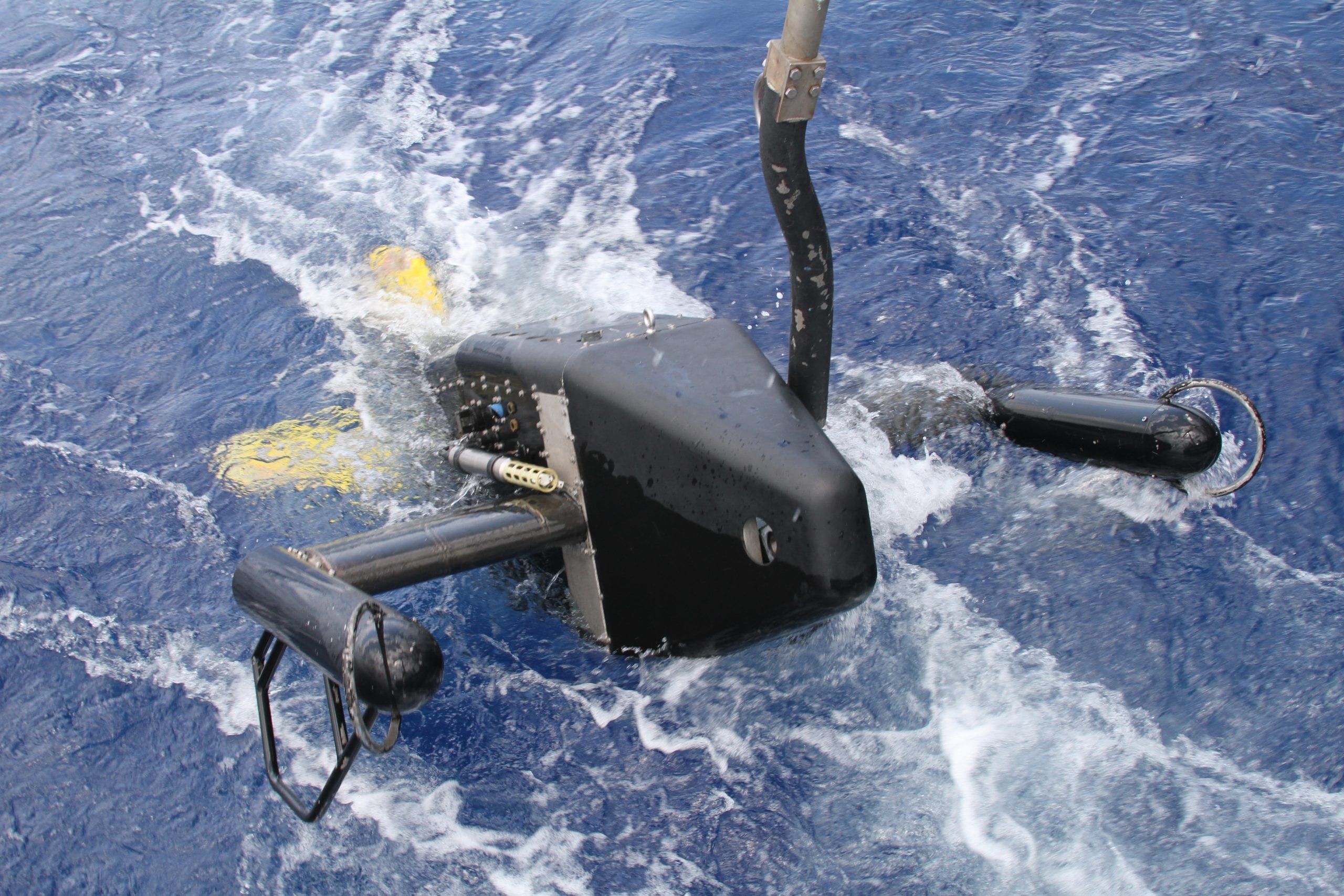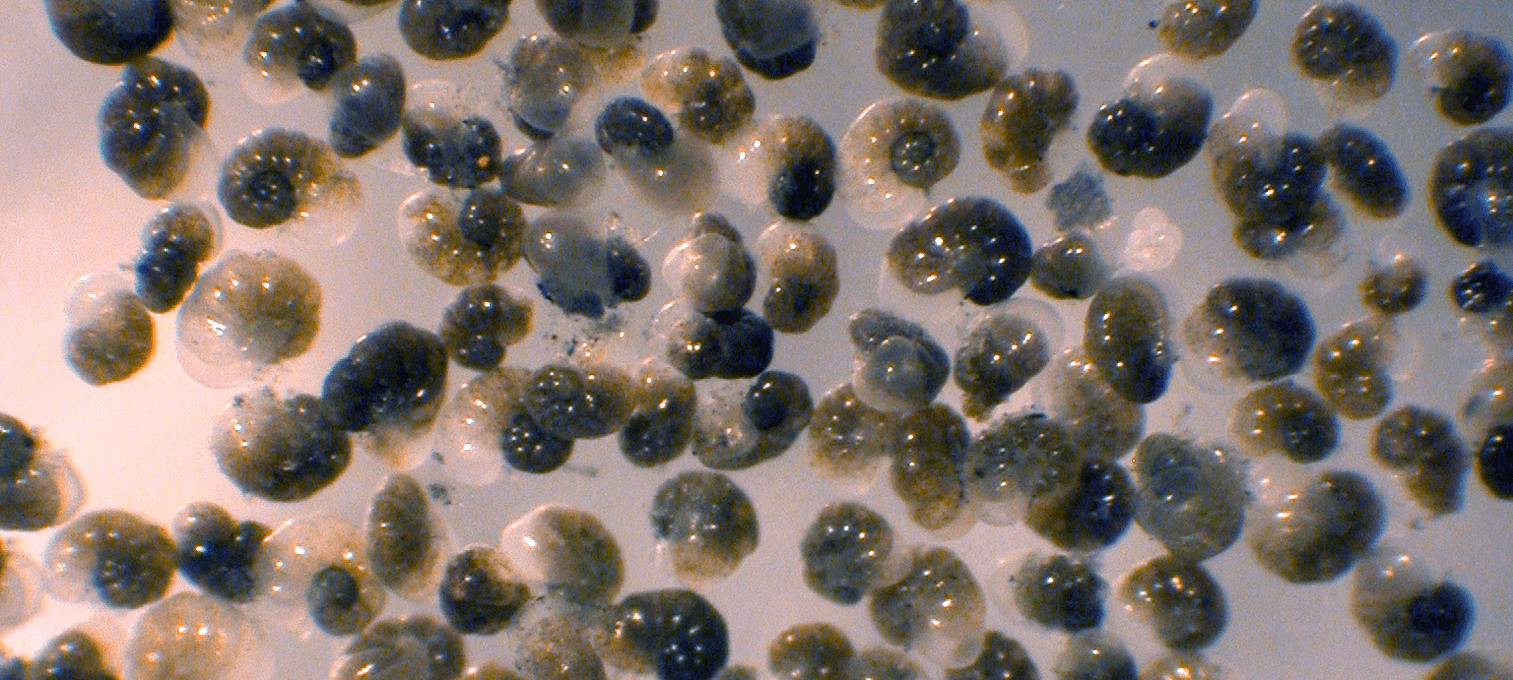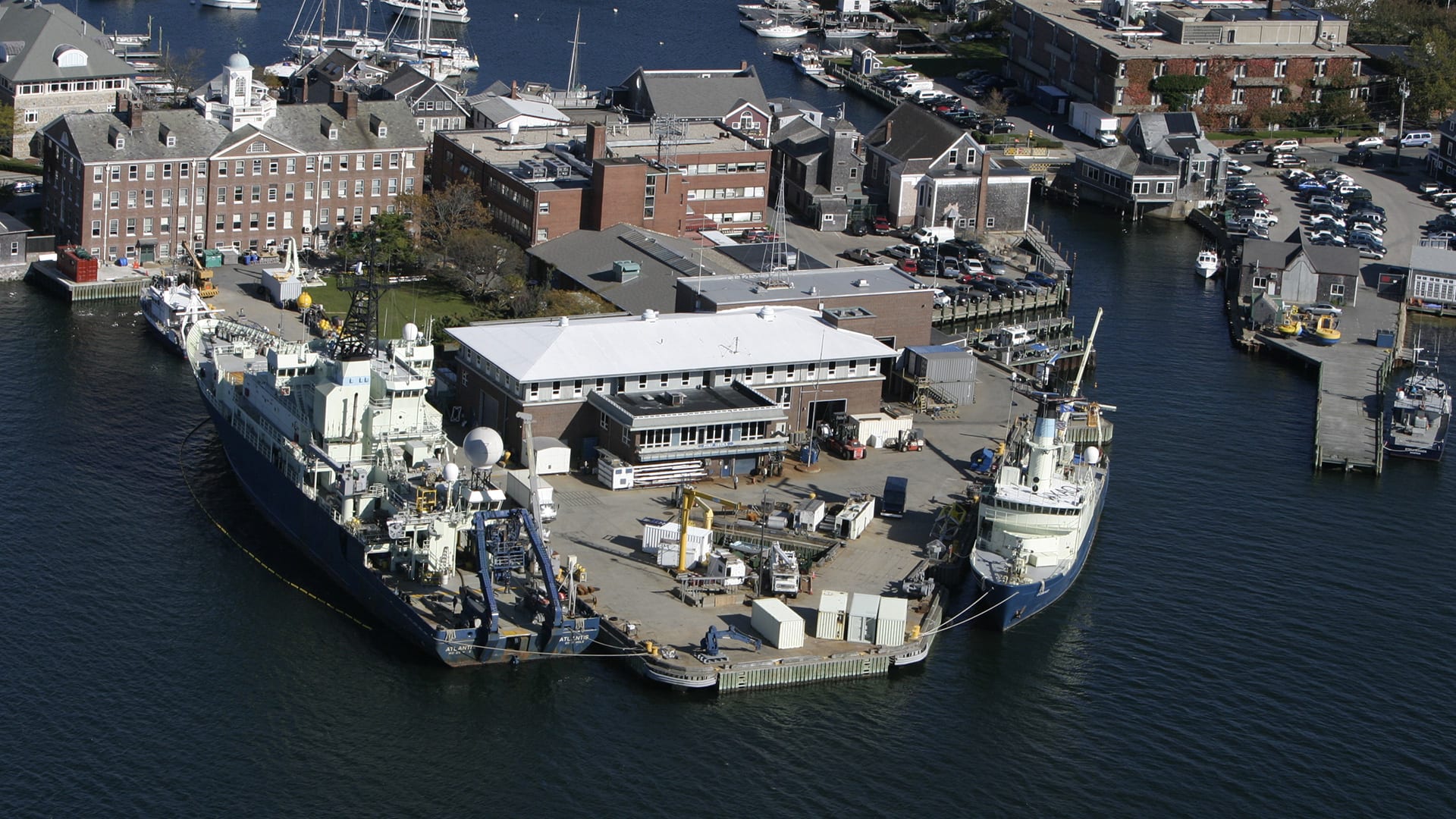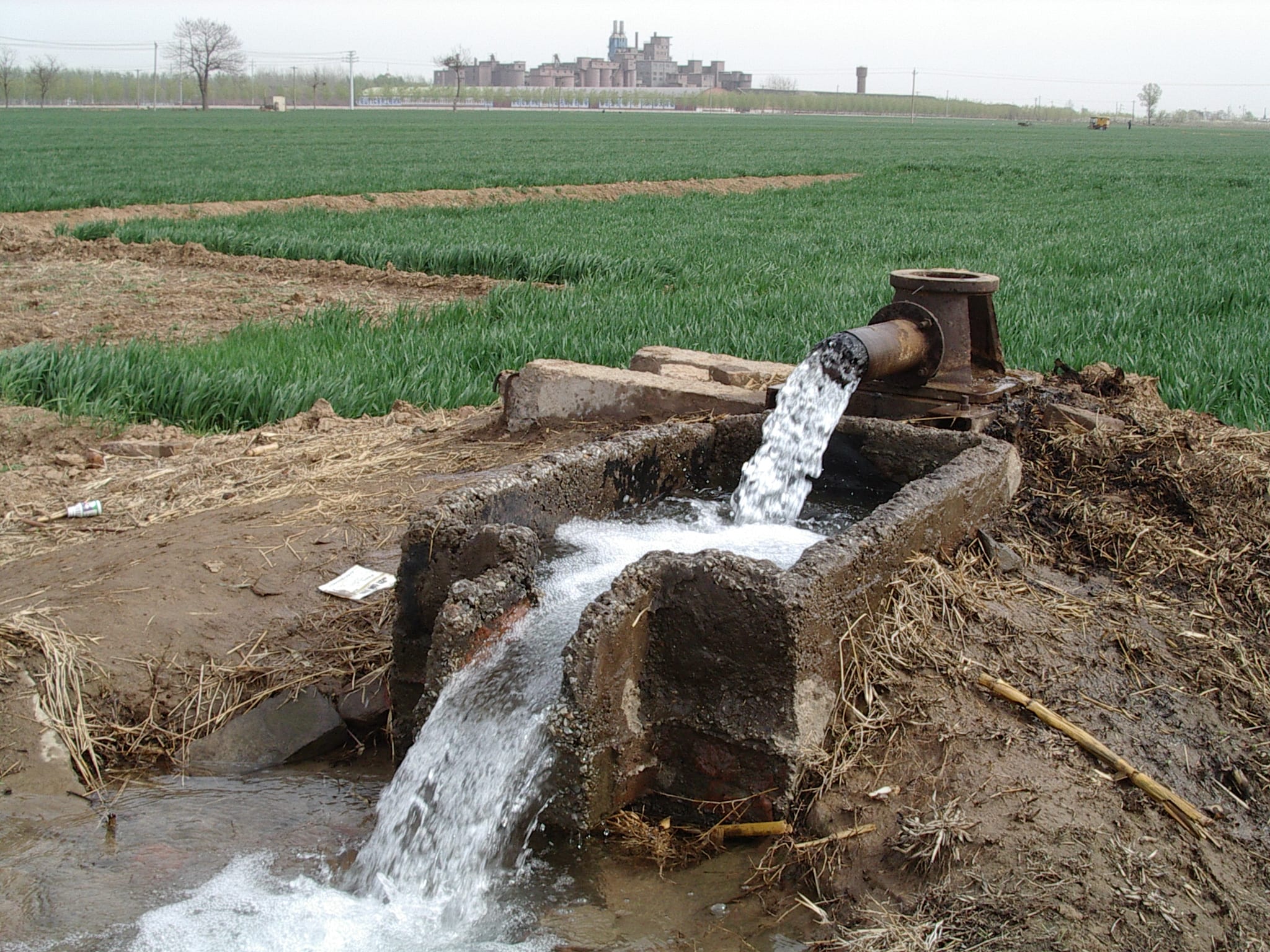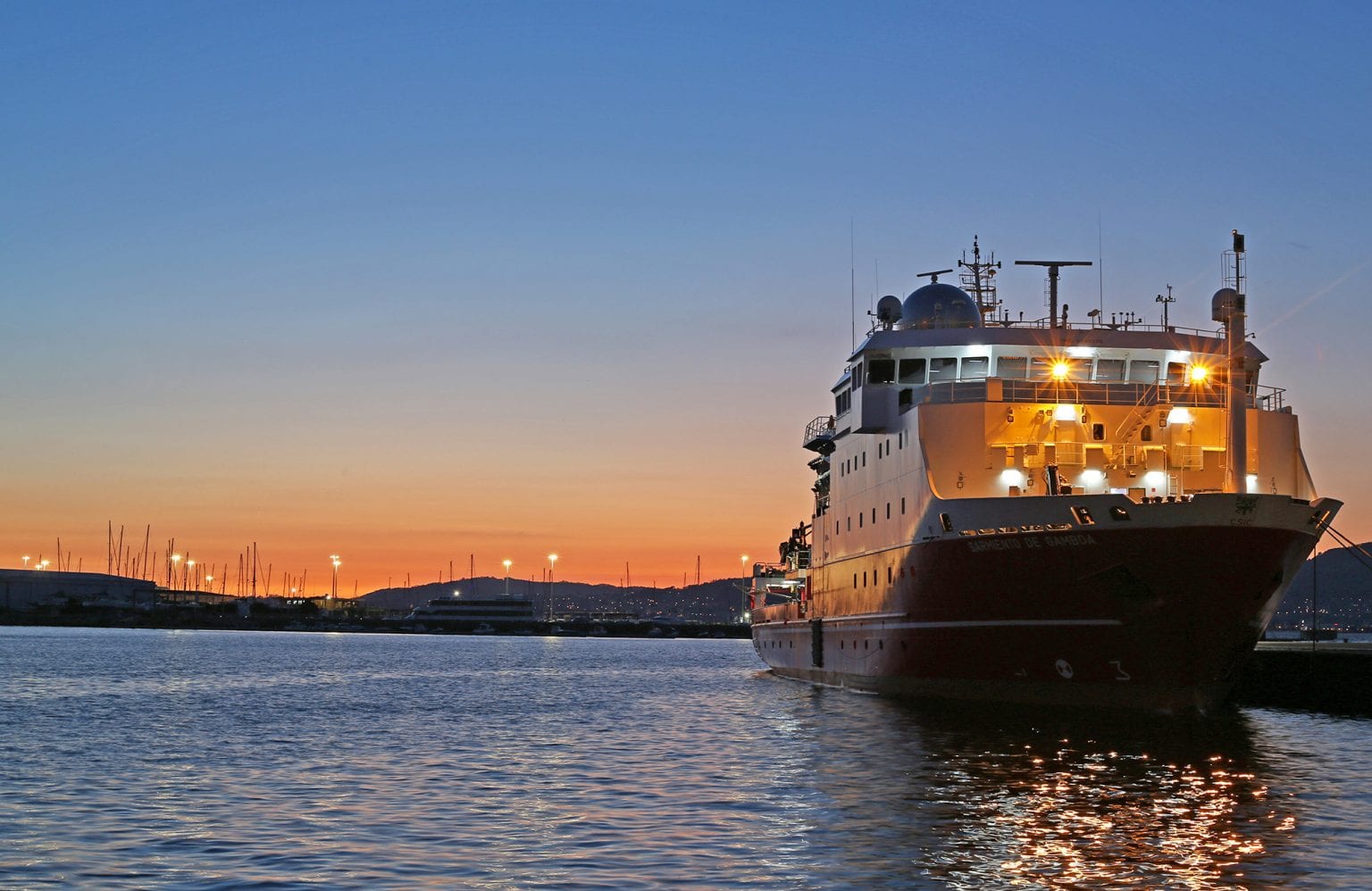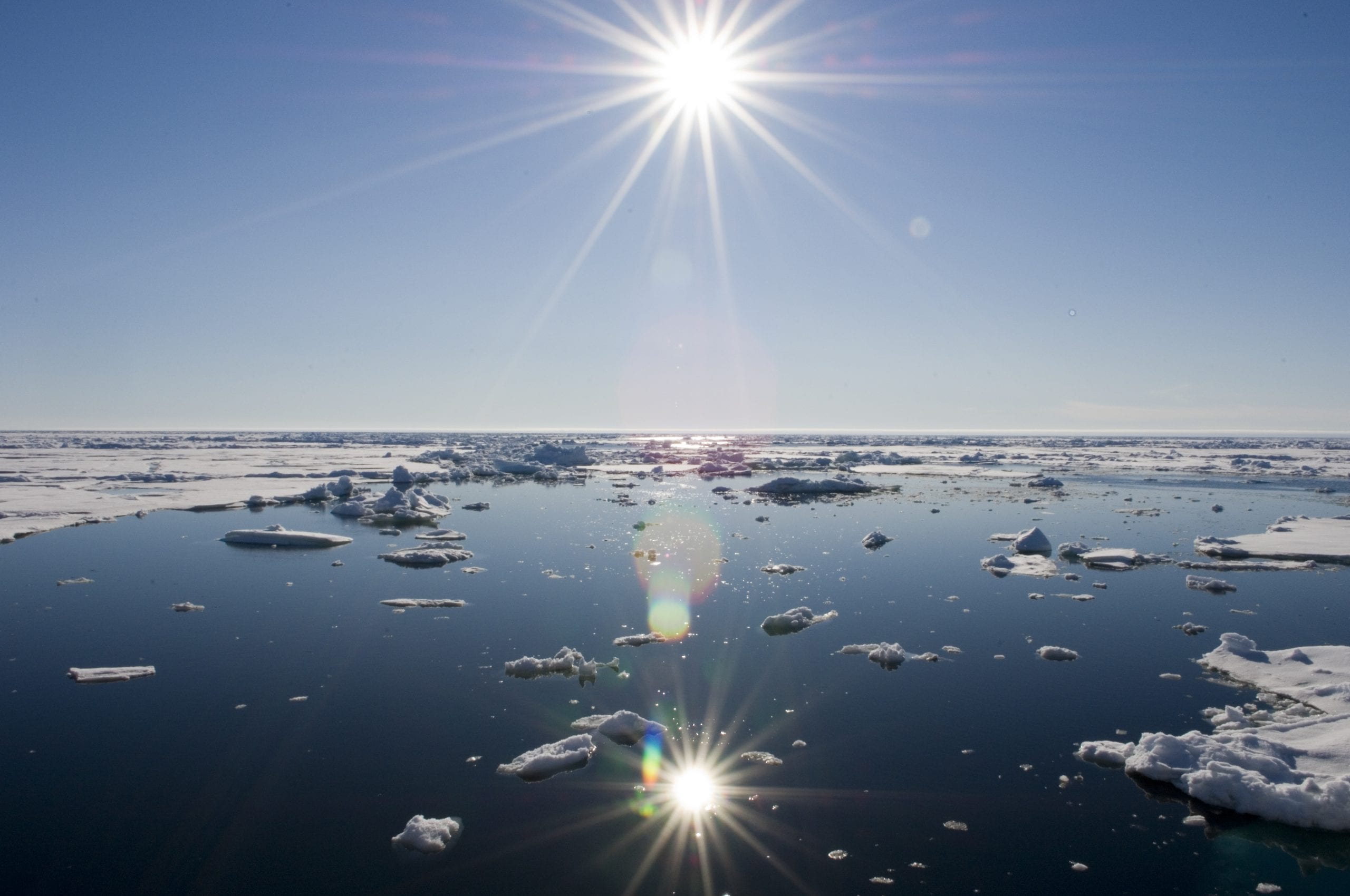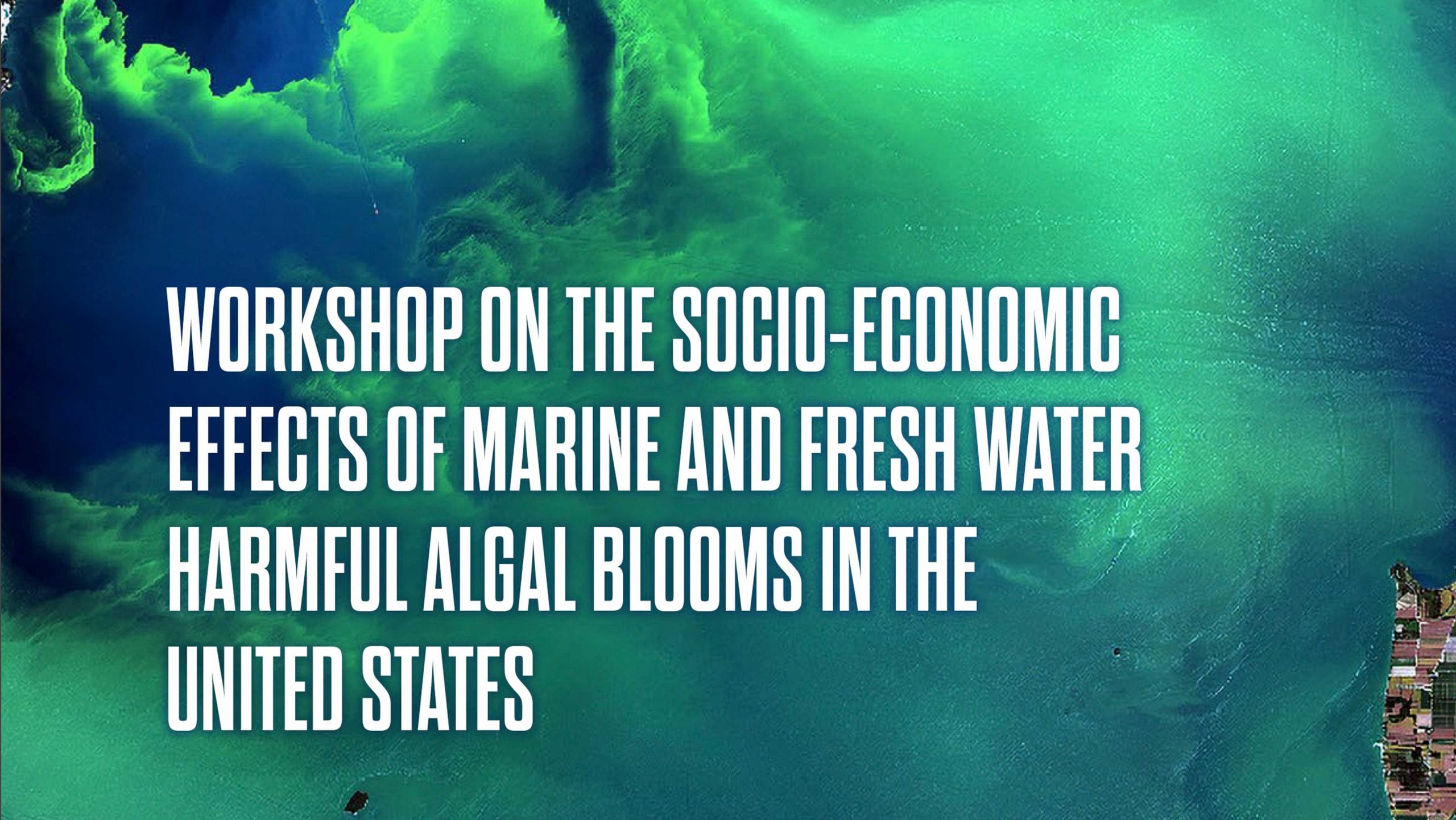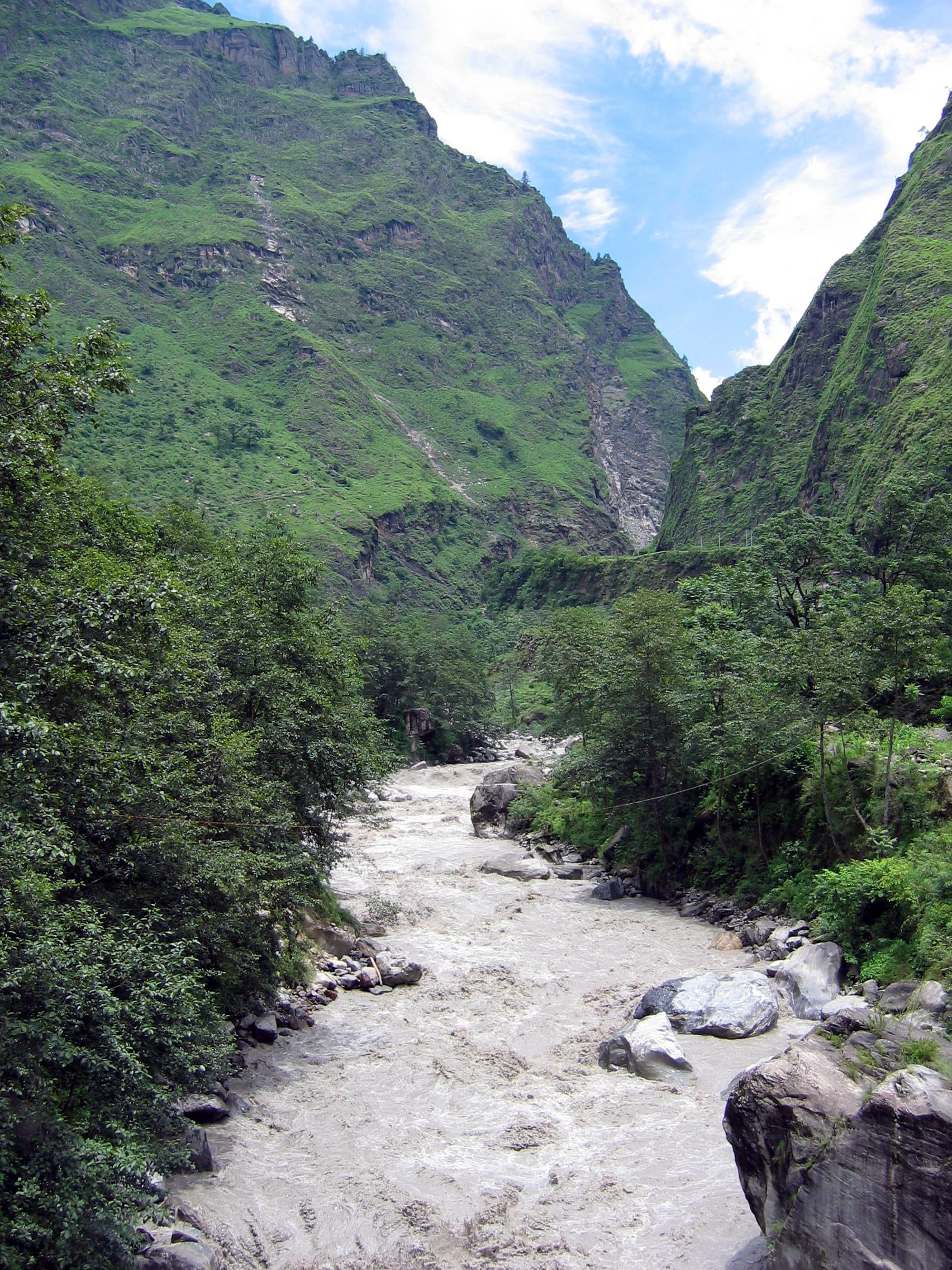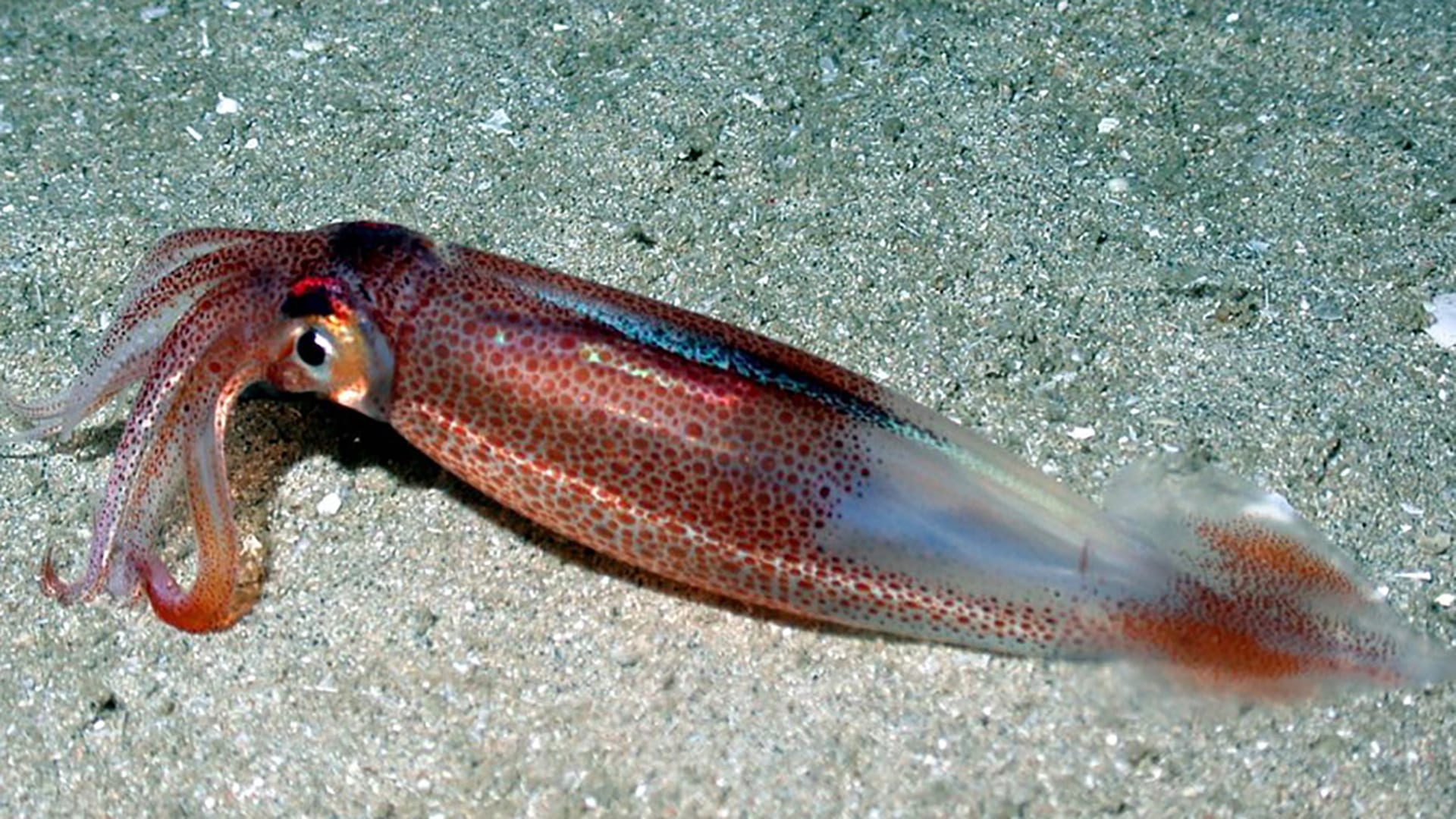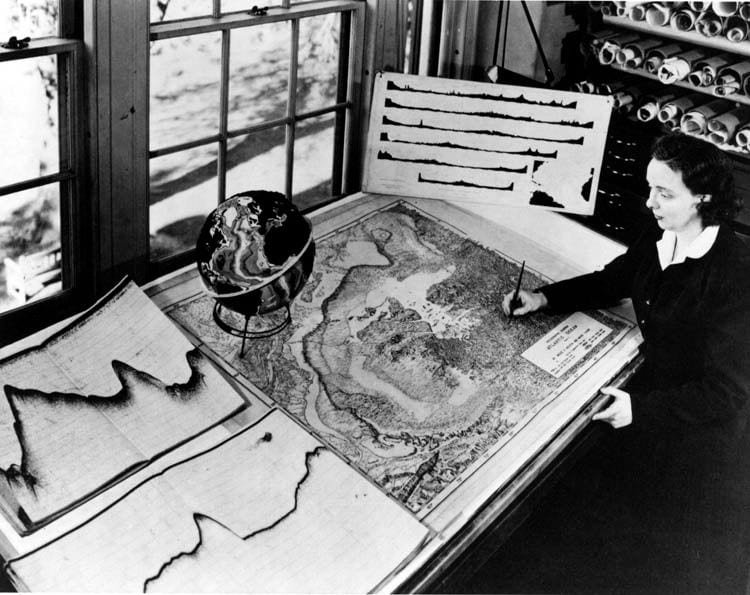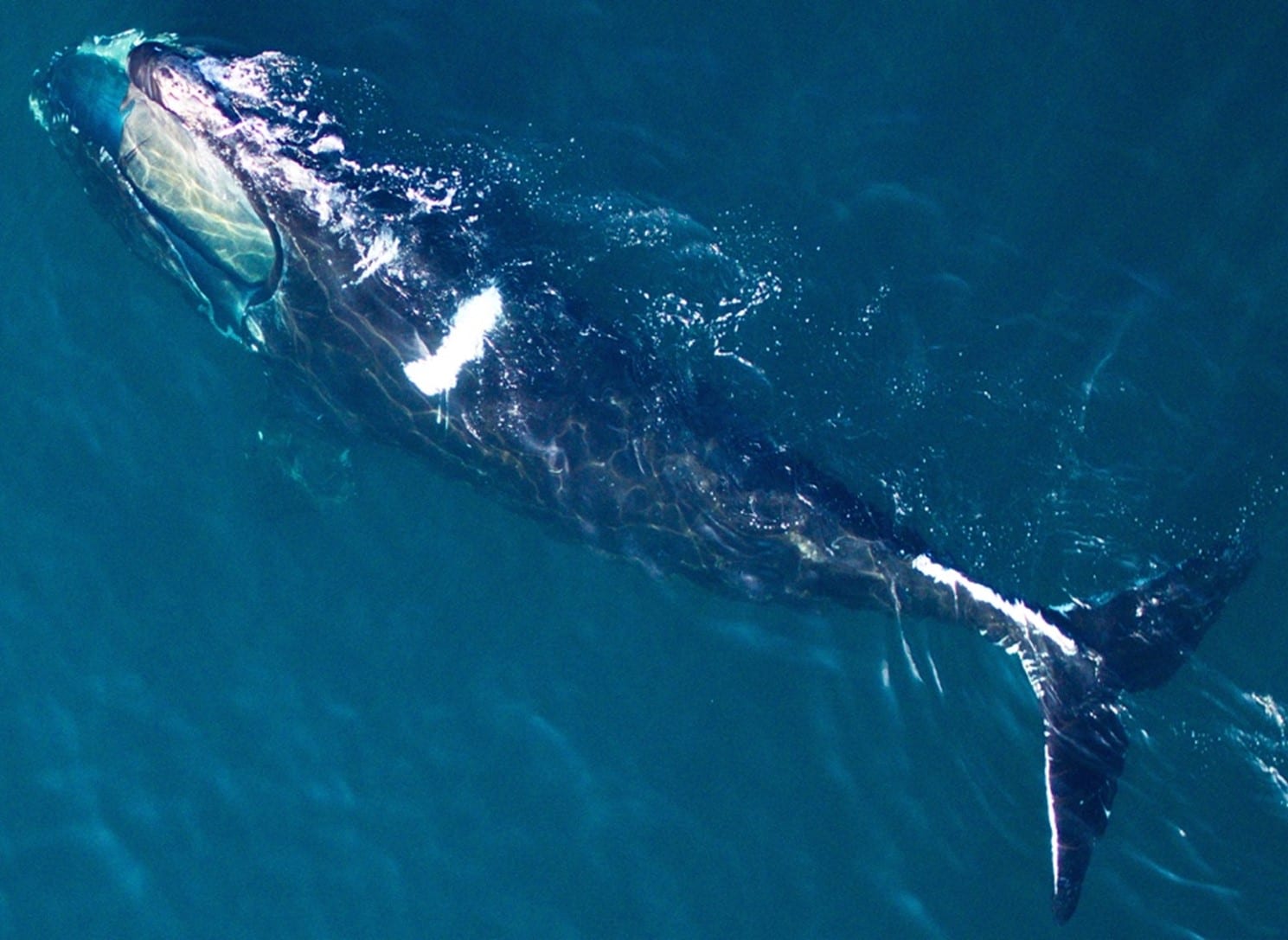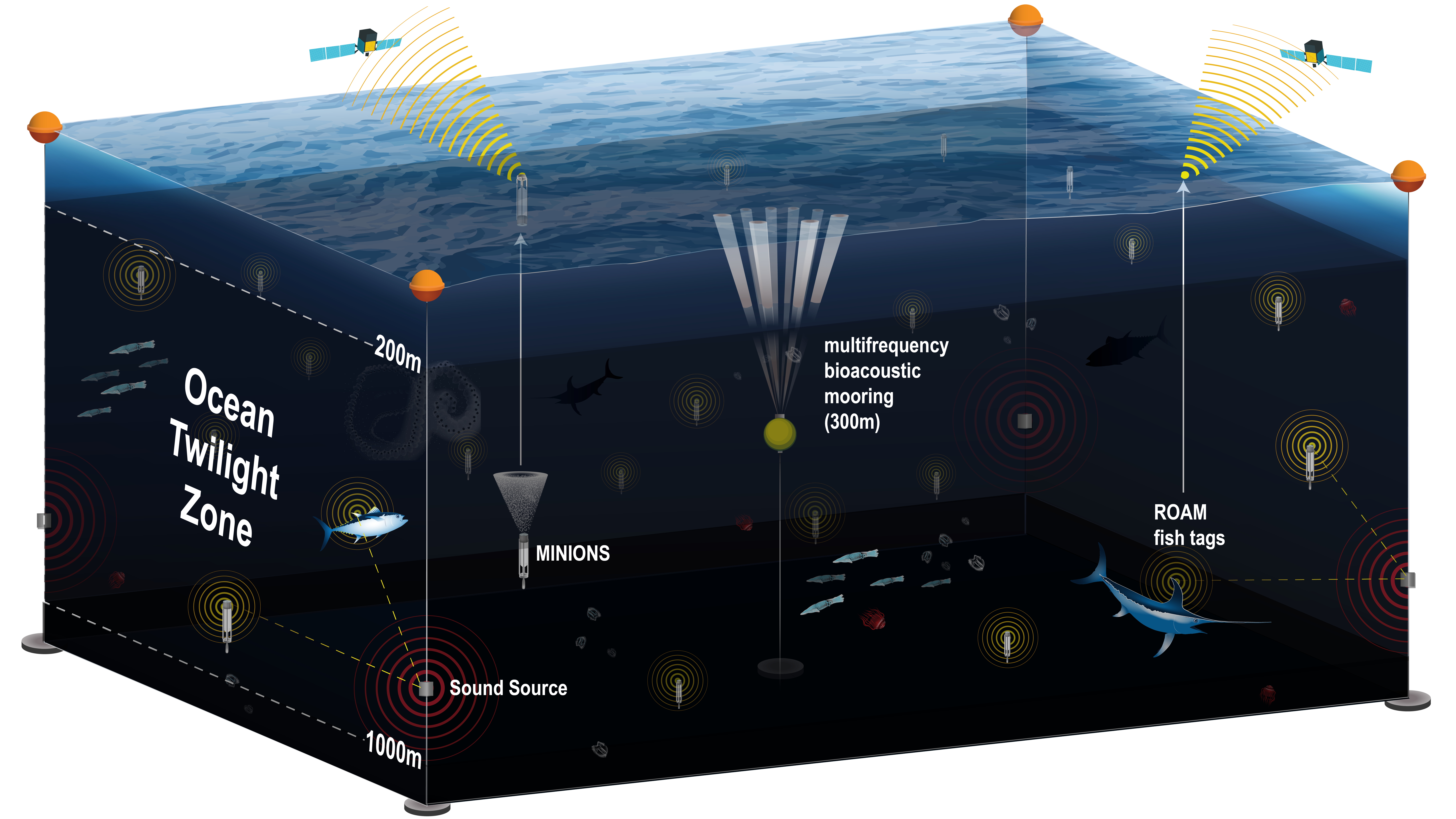News Releases
Study Examines the Role of Deep-Sea Microbial Predators at Hydrothermal Vents
Researchers Emphasize the Need for Baseline Information of Microbial Food Webs The hydrothermal vent fluids from the Gorda Ridge spreading center in the northeast Pacific Ocean create a biological hub…
Read MoreShark Week 2021: Sharks and the Ocean’s Twilight Zone
How large marine predators use the twilight zone to thrive, and survive Woods Hole, MA (July 11, 2021) — Sharks are some of the largest fish in the ocean, known…
Read MoreStudy Shows that Lobsters Can Detect Sound
A new study demonstrates that lobsters can detect low-frequency sound and suggests that anthropogenic noise could affect lobsters. The study comes out at a time when the construction of more offshore wind farms, with their associated underwater pile driving noise, is being considered in New England.
Read MoreWoods Hole Oceanographic Institution appoints new Chief Scientist for National Deep Submergence Facility
Anna Michel aboard the R/V Falkor for the Hunting Bubbles Cruise to the Cascadia Margin in 2018. The ROV Sebastian was used to investigate the transfer of methane from the…
Read MoreUnderwater robot offers new insight into mid-ocean “twilight zone”
Woods Hole, MA (June 16, 2021) — An innovative underwater robot known as Mesobot is providing researchers with deeper insight into the vast mid-ocean region known as the “twilight zone.”…
Read MoreIcebergs drifting from Canada to Southern Florida
A newly developed iceberg computer model helped the researchers understand the timing and circulation of meltwater and icebergs through the global oceans during glacial periods, which is crucial for deciphering how past changes in high-latitude freshwater forcing influenced shifts in climate.
Read MoreFirst Global Statistical Analysis of Harmful Algal Blooms
International study finds no worldwide trend in blooms, but significant increases in some regions and of certain species, pointing to the need for better monitoring and data collection—especially in light…
Read MorePapers Explore Massive Plankton Blooms with Very Different Ecosystem Impacts
Two papers explore the distribution and abundance of plankton and what conditions lead to big plankton blooms with vastly different potential impacts on the ecosystem.
Read MoreWoods Hole Oceanographic Institution Wants Everyone to “Keep it Weird”
Campaign raises awareness of the ocean twilight zone by celebrating the “weird” in all of us Woods Hole, Mass. (May 27, 2021) — Woods Hole Oceanographic Institution (WHOI) wants to…
Read MoreSome Forams Could Thrive with Climate Change, Metabolism Study Finds
Oceanic deoxygenation is increasingly affecting marine ecosystems. A new paper that examines two foram species found that they demonstrated great metabolic versatility to flourish in hypoxic and anoxic sediments where there is little or no dissolved oxygen, inferring that the forams’ contribution to the marine ecosystem will increase with the expansion of oxygen-depleted habitats.
Read MoreWoods Hole Oceanographic Institution Elects New Corporation Members
The Board of Trustees of Woods Hole Oceanographic Institution (WHOI) today announced the ten new corporation members who were elected at its Spring Joint Meeting of the Board and Corporation. They…
Read MoreStudy Finds 6⁰C Cooling on Land during the Last Ice Age, With Implications about Future Global Warming
A recent report shows that prior studies have underestimated the cooling in the last glacial period, which has low-balled estimates of the Earth’s climate sensitivity to greenhouse gases. The rather high climate sensitivity is not good news regarding future global warming, which may be stronger than expected using previous best estimates.
Read MoreRemote Learning Takes on New Meaning with the Launch of Dive and Discover ™ Expedition 17
Dive and Discover Expedition 17 will look more closely at the middle of the ocean, also known as the mesopelagic or the ocean’s twilight zone.
Read MoreWHOI to Launch New Center for Ocean and Climate Research
Today WHOI announced the establishment of the Francis E. Fowler IV Center for Ocean and Climate to seek new knowledge and solutions at the intersection of oceanography and climate science. A generous gift from Francis E. Fowler, IV established the center and will enable it to immediately commence operations.
Read MorePlate Tectonics Fuels a Vast Underground Ecosystem
The subsurface is among Earth’s largest biomes, but the extent to which microbial communities vary across tectonic plate boundaries or interact with subduction-scale geological processes remains unknown. In a recently published study, scientists compare bacterial community composition with deep-subsurface geochemistry from 21 hot springs across the Costa Rican convergent margin.
Read MoreWHOI and ADI Launch Ocean and Climate Innovation Accelerator
Today WHOI and Analog Devices, Inc. (ADI) launched an Ocean and Climate Innovation Accelerator (OCIA) consortium, focused on the critical role of oceans in combatting climate change, and developing new solutions at the intersection of oceans and climate.
Read MoreNorthern Star Coral Study Could Help Protect Tropical Corals
Worldwide, coral reefs are in crisis. Researchers at WHOI and Roger Williams University are finding that studying the recovery of this local New England species from a laboratory induced stressor could help better understand how to protect endangered tropical corals around the world.
Read MoreWHOI and NOAA Release Report on U.S. Socio-economic Effects of Harmful Algal Blooms
Woods Hole, Mass. — Harmful algal blooms (HABs) occur in all 50 U.S. states and many produce toxins that cause illness or death in humans and commercially important species. However,…
Read MoreClimate Change Can Destabilize the Global Soil Carbon Reservoir, New Study Finds
The vast reservoir of carbon that is stored in soils probably is more sensitive to destabilization from climate change than has previously been assumed, according to a new study by…
Read MoreStudy Finds that Offshore Pile Driving Noise Alters Feeding Behaviors of Longfin Squid
Squid less likely to capture killifish prey; more likely to miss attacks and abandoned pursuit of prey during pile driving noise.
Read MoreFalmouth Planning Board votes to rename street in WHOI Village Campus
Oceanographer cartologist Marie Tharp to be recognized during Women’s History Month Woods Hole, MA. (March 11, 2021) – The Falmouth Planning Board has approved the name change of a street…
Read MoreWHOI and NOAA Fisheries Release New North Atlantic Right Whale Health Assessment Review
North Atlantic right whales are critically endangered and declining. Climate change, vessel strikes, entanglements and noise engender poor health and reproductive failure, and are major threats to individuals and the species. Trauma reduction measures and applying new tools to assess and enhance their health, are critically important.
Read MoreNew observation network will provide unprecedented, long-term view of life in the ocean twilight zone
A new observation network under development by the Woods Hole Oceanographic Institution (WHOI) will offer round-the-clock data about the ocean twilight zone – a dimly lit region roughly 200–1000 meters (650–3200 feet) below the surface, containing the largest amount of fish biomass on Earth.
Read MoreWHOI announces new CFO
Kathryn Link to join as WHOI’s new Chief Financial Officer, bringing with her over 25 experience in working with innovators from Harvard to the Broad Institute
Read More
